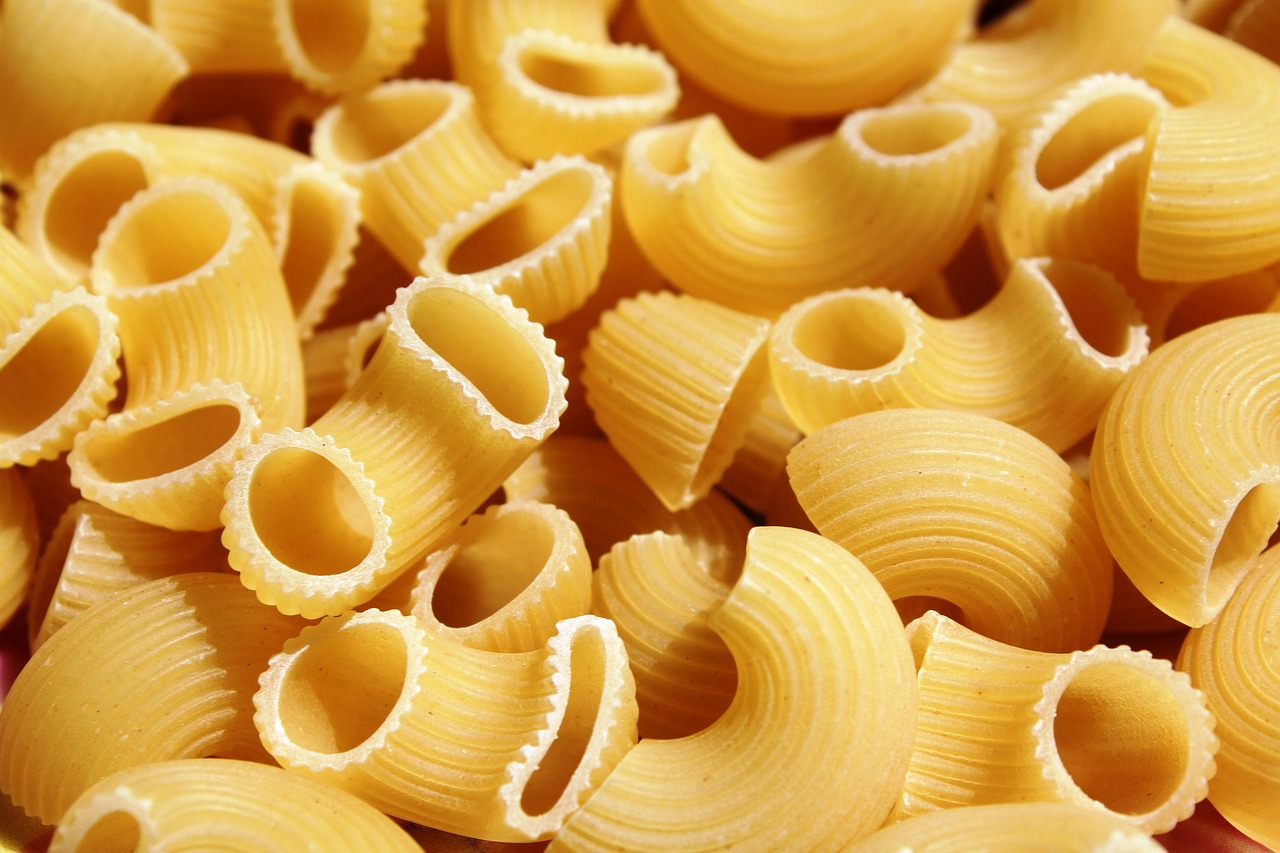“`html
In the world of sports, optimal performance is the ultimate goal, and achieving this requires not just rigorous training but also a substantial focus on nutrition. Sports nutrition is a specialized field dedicated to understanding how dietary choices influence athletic performance, recovery, and overall health. From elite athletes striving for peak performance to casual fitness enthusiasts looking to enhance their workouts, the principles of sports nutrition apply universally. In this blog post, we will explore the fundamentals of sports nutrition, breaking it down into essential components that every athlete should understand to fuel their success.
The Importance of Sports Nutrition
Understanding the significance of sports nutrition is crucial for athletes at all levels. Proper nutrition fuels performance, enhances recovery, and reduces the risk of injuries. Here are some key points:
- Enhanced Performance: Proper nutrition can significantly improve endurance, strength, and agility.
- Faster Recovery: A well-structured diet helps muscles recover quicker after intense workouts.
- Injury Prevention: Nutritional strategies can support bone and muscle health, minimizing injury risk.
- Mood and Focus: A balanced diet aids in mental clarity and emotional stability, both crucial for optimal performance.
Key Nutritional Components for Athletes
Athletes require a balance of macronutrients and micronutrients to support their training and performance. Here’s a closer look at these essential nutrients:
Macronutrients
- Carbohydrates: The primary energy source for athletes. Examples include whole grains, fruits, and vegetables.
- Proteins: Essential for muscle repair and growth. Sources include lean meats, dairy, legumes, and plant-based proteins.
- Fats: Necessary for hormone production and energy. Healthy fats can be found in avocados, nuts, and olive oil.
Micronutrients
Vitamins and minerals play significant roles in an athlete’s health and performance. Key micronutrients include:
- Iron: Important for oxygen transport and energy production. Sources: red meat, beans, spinach.
- Calcium: Crucial for bone health. Sources: dairy products, leafy greens, fortified cereals.
- Electrolytes: Key for hydration and muscle function. Important ones include sodium, potassium, and magnesium. Sources: bananas, nuts, and sports drinks.
Nutrition Timing for Optimal Performance
The timing of nutrient intake can have a profound impact on performance and recovery. Consider these strategies:
Pre-Workout Nutrition
Eating before exercising can enhance performance. Aim for a meal or snack that is:
- Rich in carbohydrates to fuel your workout (e.g., a banana with nut butter).
- Moderate in protein to help muscle preservation (e.g., Greek yogurt with fruit).
- Low in fats and fiber to prevent digestive discomfort.
Post-Workout Nutrition
Replenishing nutrients after exercise is essential for recovery. Focus on:
- Protein: To repair muscles (e.g., protein shake, chicken breast).
- Carbohydrates: To restore glycogen levels (e.g., brown rice, sweet potatoes).
The Role of Hydration in Sports Nutrition
Staying hydrated is just as critical as nutrition. Here’s why hydration matters:
Benefits of Proper Hydration
- Performance: Dehydration can lead to reduced strength and endurance.
- Recovery: Appropriate fluid intake aids in muscle recovery and nutrient transport.
- Temperature Regulation: Helps maintain body temperature during physical activity.
Hydration Strategies
- Drink water consistently throughout the day; aim for at least 8-10 cups.
- Incorporate electrolyte drinks during intense workouts exceeding one hour.
- Monitor urine color – pale yellow indicates good hydration.
Practical Tips for Implementing Sports Nutrition
Integrating nutrition into your training regimen doesn’t have to be overwhelming. Here are some practical tips:
- Meal Prep: Prepare meals in advance to ensure you have healthy options ready.
- Education: Stay informed about nutrition through credible sources and perhaps consult a sports nutritionist.
- Listen to Your Body: Pay attention to how different foods affect your energy and performance.
Conclusion
In conclusion, sports nutrition is a vital element of athletic performance, recovery, and overall health. By understanding the importance of macronutrients and micronutrients, timing nutrition around workouts, prioritizing hydration, and applying practical nutritional strategies, athletes can optimize their training and achieve their goals. Whether you’re a professional athlete or someone on a fitness journey, embracing the principles of sports nutrition can unlock your full potential. Start today by making small but significant changes to your diet, and watch as your performance improves!
“`






